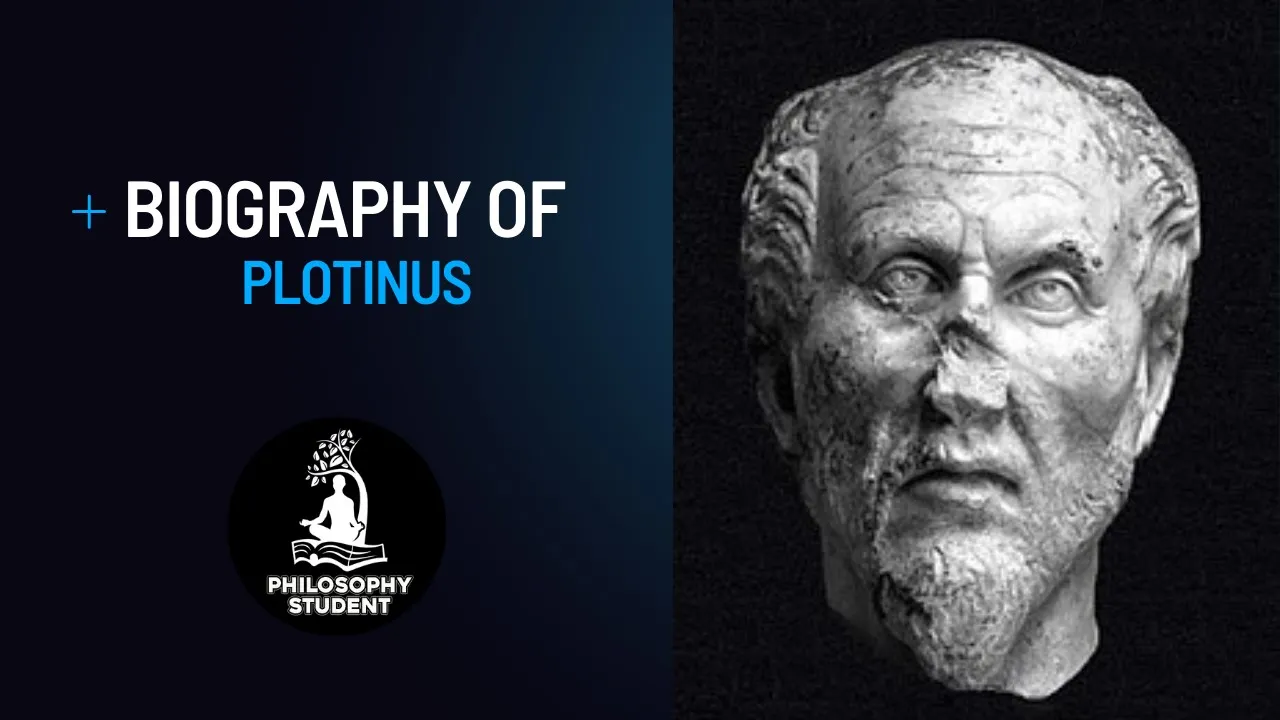The founder of Neoplatonism, Plotinus developed a metaphysics consisting of three elements: the One, the Intelligence, and the Soul. From these “emanate” all existence, such that intellectual contemplation produces reality itself.
Beyond his metaphysics and cosmology, Plotinus theorized that the mind orders the objects of its perception and does not passively receive the sensual information of experience. His metaphysics also produced a philosophy of ethics, in which the soul is divided into a higher and lower soul. The higher is divine, whereas the lower is the locus of the personality, including its passions and vices. Ethics ultimately exists in the lower soul’s ascent to a union with the higher soul.
Plotinus was born in A.D. 204 or 205 in Egypt. The city of his birth is unknown, but he lived for a time in Alexandria, where he sampled the lectures of a variety of philosophers. He was displeased with all except for one, Ammonius Saccas, who served as his teacher until 2042. In that year, he joined Emperor Gordian on an expedition bound for Persia, where Plotinus hoped to find more useful philosophers from whom to learn. When Gordian was cut down by an assassin, Plotinus settled in Rome, where, at age forty, he founded his own school of philosophy.
Plotinus had been teaching in Rome for some twenty years when a student, Porphyry, persuaded him to organize his treatises into a book, the Enneads, which Porphyry edited after Plotinus’s death in 270 at Campania.
The One, Plotinus’s leading metaphysical principle, is derived from Plato’s concept of the Idea or Form as reality. Plotinus argued that Plato’s Forms all partake of the nature of the One, which ensures that they do not fall into eternal disunity. If this were to happen, necessary” (absolute) truth would cease to exist because there would be no ultimate reality to which all truth must relate. Plotinus argued that the human intellect functions to make distinctions among the Forms, which are united in the One. Thus, Intelligence is the principle of essence or “whatness.” Finally, the Soul is the principle of desire for objects external to it, such as food, knowledge, procreation, and so on.
Plotinus is also well known for his early treatise, “On Beauty,” which, he argues, consists of images of the Forms that are eternally present in the Intelligence. Emulating Plato’s Symposium, Plotinus creates a hierarchy of beauty up to and above objects, culminating in the Forms themselves. The ultimate source of beauty, therefore, is the Good, the beauty of which is in the virtual unity of the Forms. Because Beauty ultimately causes the complexity of intelligible reality, it delights us.




































